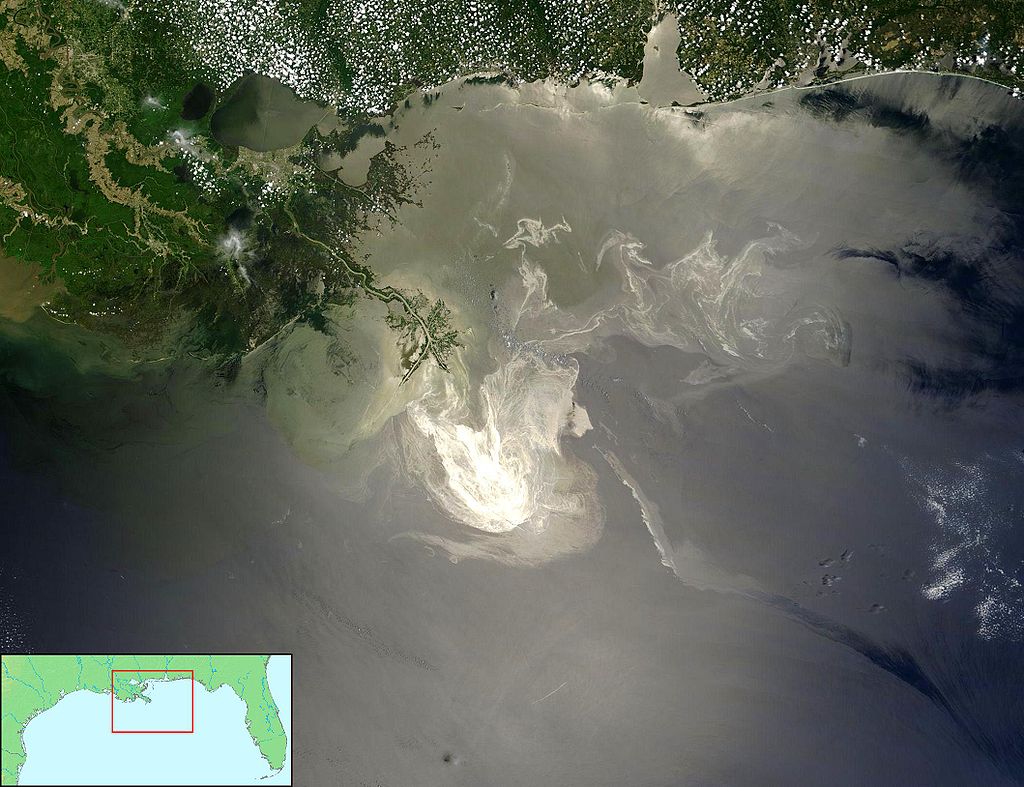Unprecedented catastrophes can happen in many industries, from energy to transportation to space. Some are caused by man-made errors while others by severe weather or other uncontrollable conditions. Regardless of the cause or magnitude, any perceived major crisis will get media attention and likely have a negative affect on that industry and/or company.
The economic affects on a company or industry after a severe accident are generally dependent on the status of the industry before the event, according to a study by The Boston Consulting Group (BCG) on the Deepwater Horizon disaster (pictured above). Industries and companies with positive public perception and economic growth before a catastrophic event will be able to better bounce back afterwards. While sectors with a negative perception are more likely to experience very negative affects or even die out after a crisis.
While governments attempt to respond to these accidents, regulations and policy changes are usually quite limited and very local. In addition, BCG states that the impact on the industry largely depends on the existence of economic alternatives and public perception. The huge amounts of effort that firms put into risk identification and mitigation could perhaps be better spent on preparing better crisis response.
This theory can be applied to the nuclear industry because severe accidents, such as at Fukushima Daiichi in Japan, are extremely unlikely and difficult to predict, especially if they are caused by uncontrollable conditions. More preparation can be spent on the response effort required after an accident. Nuclear power plants in the United States already have robust emergency planning involving the community, state, and country that can go into effect immediately during an accident. But these response efforts should be reevaluated and possibly redesigned to make sure that they do not cause panic in the community and include accurate information dissemination to the media and public. The accident at Fukushima can be used as a case study to come up with more effective methods in dealing with an unpredictable crisis in a way that keeps the public safe and the industry functioning after.


 RSS Feed
RSS Feed

